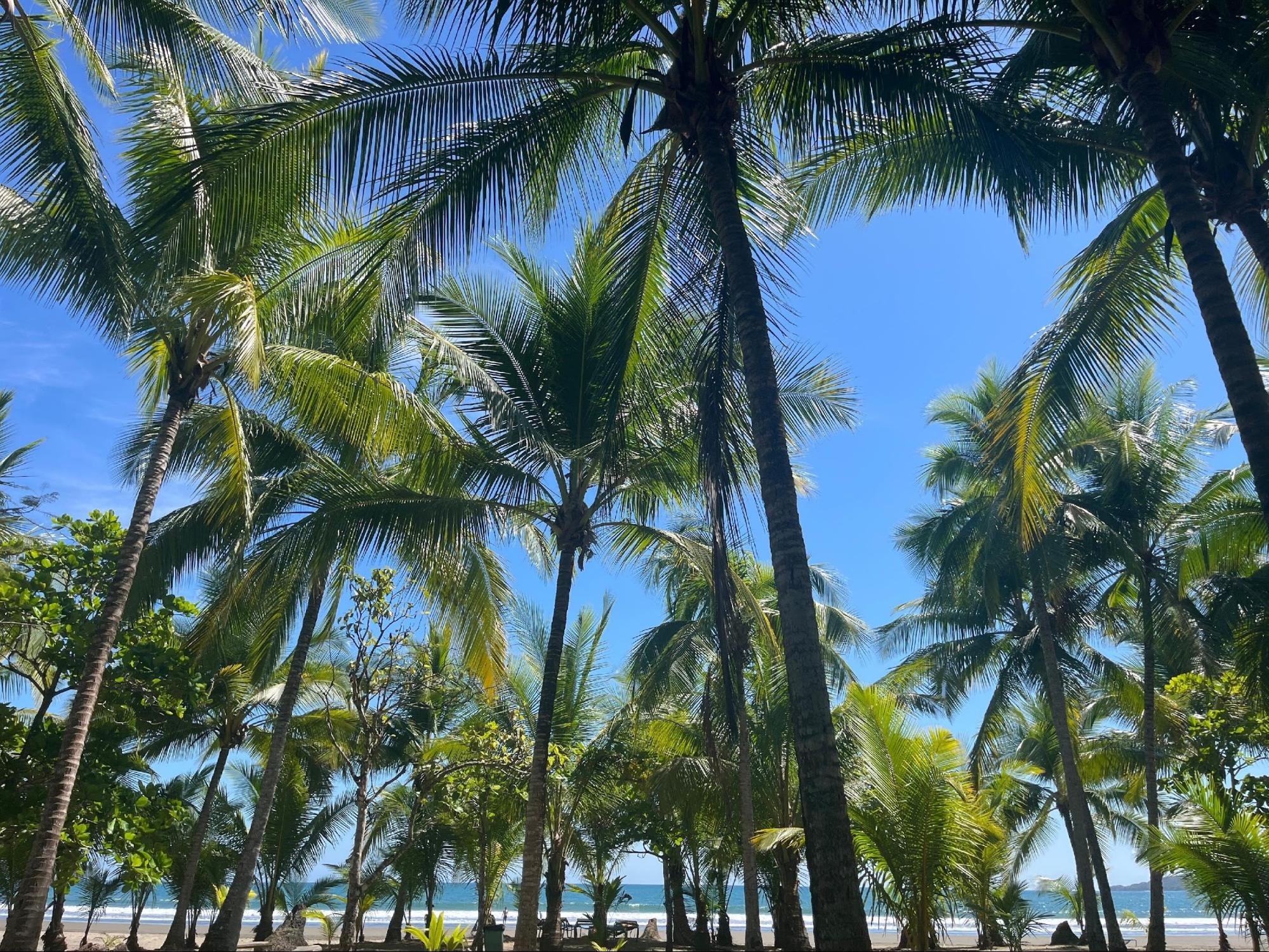Costa Rica's 1 Year Digital Nomad Visa
Costa Rica is an excellent location overall, low cost of living, rich biodiversity, beautiful beaches, stunning waterfalls, and more. Costa Rica has it all. The country has been a popular vacation destination with its beautiful landscape, diverse rainforests, waterfalls, and volcanoes- to the howler monkeys and toucans.
All this makes Costa Rica the perfect destination for digital nomads to get their next visa. Costa Rica is a country filled with smiles and positivity, which also may be an excellent place for you to work remotely.
Costa Rica has one of the most stable and democratic governments among all the Central American countries.
Most Westerners can enter Costa Rica now visa-free for 180 days. However, many expats and digital nomads believe that 6 months are not enough to explore beautiful Costa Rica. The government acted on that sentiment and launched a digital nomad visa, allowing foreigners to stay in Costa Rica for up to a year.
What Is a Digital Nomad Visa?
A digital nomad visa combines a stay permit with the right to work in a location other than your home country.
Entering other countries on a tourist visa to work there could prove problematic from a legal standpoint.
The nomad visa is a godsend for remote workers. Digital nomad visas are typically valid for 12 months or more, allow multiple entries, and may or may not be renewable, depending on the country.
You will need to be able to meet the country’s requirements, such as providing evidence of a stable income and other required documents.
Details of the program:
Unlike the traditional residency options, the Digital Nomad visa will not provide any switch-over through an application of Change in Category to the Temporary Residency. Those options are separate and apart. IE: Those with a tourist visa can switch to a Temporary Residency. Those with a current Temporary Residency can change their category application to Permanent Residency after three years of Temporary Residency.
For those unfamiliar or those needing a reminder, here are the most common types of legal ways to remain in Costa Rica:
90-day visa issued upon entry into Costa Rica with a U.S., Canadian, and EU passport, as well as many other countries. Some countries are restricted to 30 days. Others are excluded. Check with your nearest Costa Rican Embassy if unsure about your country of origin.
Estancia – Special permit to stay legally in Costa Rica for a year (or more) for people of special relevance in the scientific, professional, religious, cultural, sports, economic or political fields.
Temporary Residency. The first issuance upon approval is for two years, renewable every two years. It comes with certain restrictions, such as not drawing a wage in Costa Rica.
Permanent Residency. Applicants can apply for it at the end of year 3 of Temporary Residency—fewer restrictions. Renewable every three years, then after ten years of combined residency, renewed every five years.
Refugee status. For those fleeing conflicted countries for political reasons. Costa Rica is committed through an agreement with the UN to “take in” a given number each year. (Which bogs down the entire Department of Immigration and is currently under review to provide relief from the current burdens. An official appeal was launched recently at the UN in New York.)
Then who would this Digital Nomad be of use to?
Self-employed people who are free to work virtually online and those who want to take Costa Rica for a “test drive.
Employed by a company that allows them to work abroad or on assignment in Costa Rica.
All others looking to migrate to Costa Rica should only consider the traditional categories of Pensionado, Rentista, Inversionista, or Vinculo categories of legal residency.
Required Documents for Costa Rica Digital Nomad Visa
Digital nomads seeking a Costa Rica visa must meet a few requirements, such as demonstrating monthly income of at least $3,000.
They will need to provide the required documents such as the following as part of the application process for themselves and any family accompanying them:
Application form signed by the applicant or their representative
Twelve bank statements for the previous year show that the digital nomad receives a stable monthly income of at least $3,000. The income requirement increases to $4,000 per month for a family.
Receipt confirming payment to the Government of Costa Rica for the amount 100$. This has to be deposited in the Banco de Costa Rica.
You must have proof of health insurance for yourself and your family (if applicable) for the duration of your stay in Costa Rica.
A copy of the photo page of the foreign national’s valid passport, which contains their photograph and biographical information, as well as the page containing the Costa Rican entry stamp if the applicant is already in Costa Rica.
Marriage certificate issued by the competent authority (if applicable) Birth certificate for a family member under 25 years of age
A medical certificate establishing the health condition of any disabled applicant or dependent.
Proof of relationship between the principal applicant and any senior citizens accompanying them.
An official translation must accompany all the documents included in the visa application from the language of your home country into Spanish. These can either be an official translator registered with the Ministry of Foreign Affairs or a notary public.
To renew this visa, remote workers must prove that they have resided in Costa Rica for a minimum period of 180 days.




